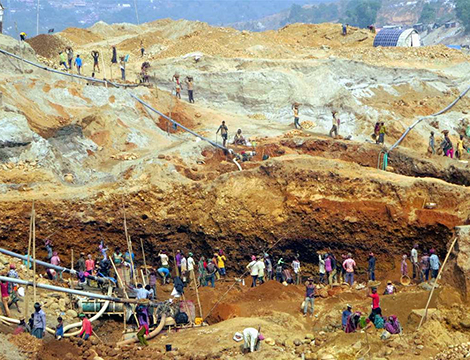
This article was originally published by the Institute for the Study War on 12 July 2017.
ISIS’s first attack in Iran punctuated two stark realities: the group’s annual Ramadan campaign is alive while the US-led anti-ISIS campaign is on a path to failure. ISIS surges attacks every year during Ramadan in order to gain or increase momentum in its global campaign to maintain its declared caliphate, expand across the Muslim world, and win an apocalyptic war with the West. ISIS has conducted successful attacks in three new countries this year – the United Kingdom, the Philippines, and Iran – and will likely pull off more before the Muslim holy month is over. The jihadist group has sustained a global insurgency despite the considerable military pressure it faces in Iraq and Syria.
ISIS has been waging its global campaign in four separate “rings” since 2014. First, ISIS is defending and attempting to remain in and expand its territorial control in its “core terrain” in Syria and Iraq. Second, ISIS seeks to weaken the Middle East’s power centers of Turkey, Egypt, Saudi Arabia, and Iran. Third, ISIS is expanding in other Muslim majority countries through attack networks and, when possible, ground operations. Fourth, ISIS is conducting spectacular attacks in the non-Muslim majority world, or the “far abroad,” in order to polarize those communities and radicalize their minority Muslim populations. ISIS’s Ramadan surges set conditions in these rings, varying its main effort based on its circumstances and the capabilities in Iraq and Syria and of its networks abroad.




